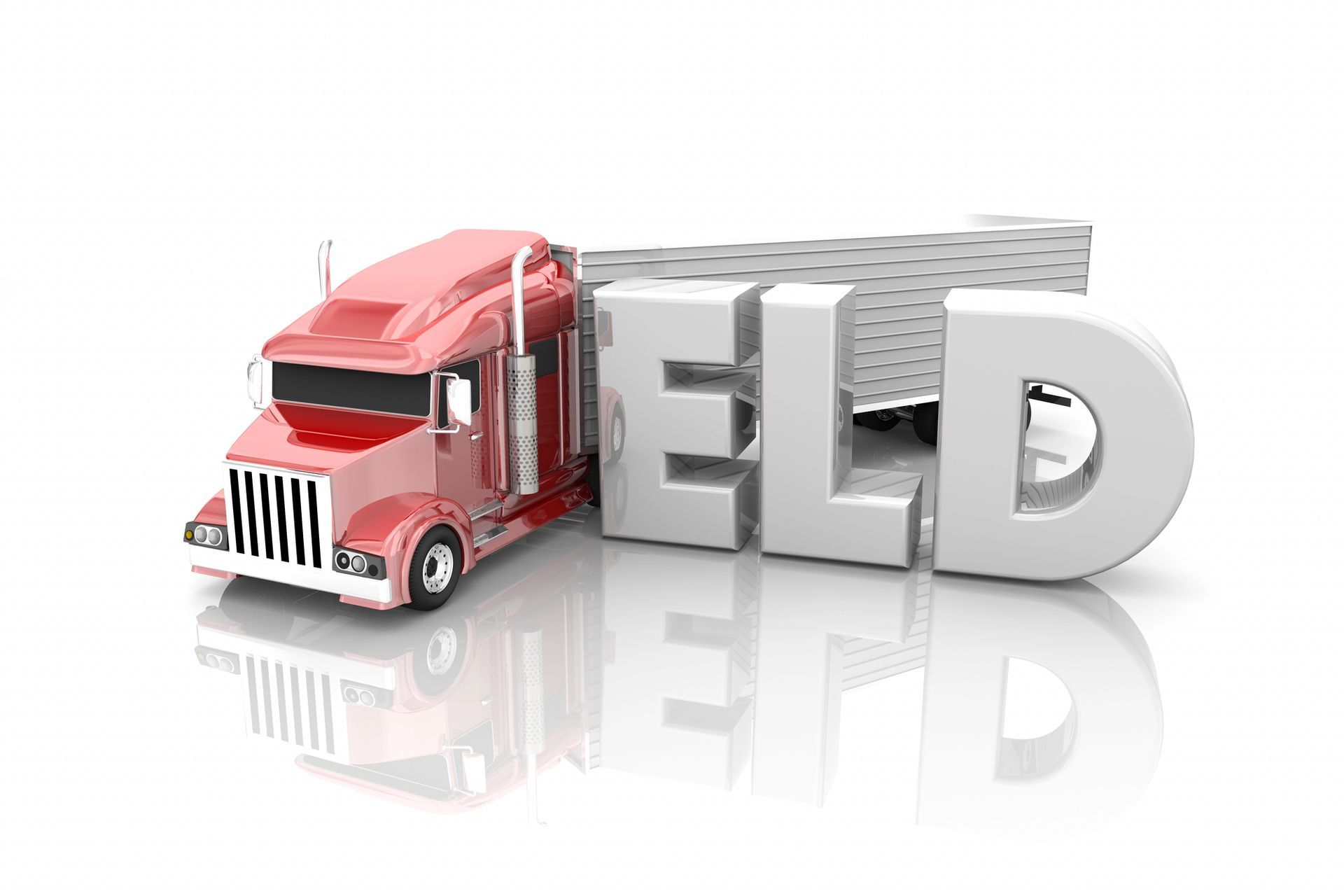How Trucking Fleets Can Escape the Insurance Squeeze

With Permission from Miles L Kavaller, Atty California port drayage motor carriers in particular, the trucking industry, as well as businesses located in California using California workers, have been dramatically impacted by AB5, commonly known as the “ABC” test defining employee.¹ By and large a worker is an employee if that person provides services to a business and is engaged in the same business and is not otherwise eligible for the business-to-business exemption or is a Lyft or Uber driver.² This legislation following the California Supreme Court’s ruling in the Dynamex case, was intended to prohibit misclassification of workers as independent contractors. The Legislative findings supporting this legislation described a port drayage industry as guilty of “wage theft” particularly affecting low wage immigrants.

New York City has officially started its controversial congestion pricing plan , which trucking interests have vowed to keep fighting. As of January 5 in New York City, heavy-duty trucks must pay $21.60 each time they enter Manhattan south of 60th Street between 5 a.m. and 9 p.m. on weekdays and between 9 a.m. and 9 p.m. on weekends.

Compliment of Scopelitis, Garvin, Light, Hanson & Feary On January 20, Donald Trump returned to office as the 47th President of the United States accompanied by a Republican-controlled House and Senate, albeit with slim majorities (particularly in the House). Although the first Trump administration taught us to expect the unexpected, President Trump’s track record of lowering taxes and tackling regulatory burdens should signal initiatives that will ultimately benefit the transportation industry.
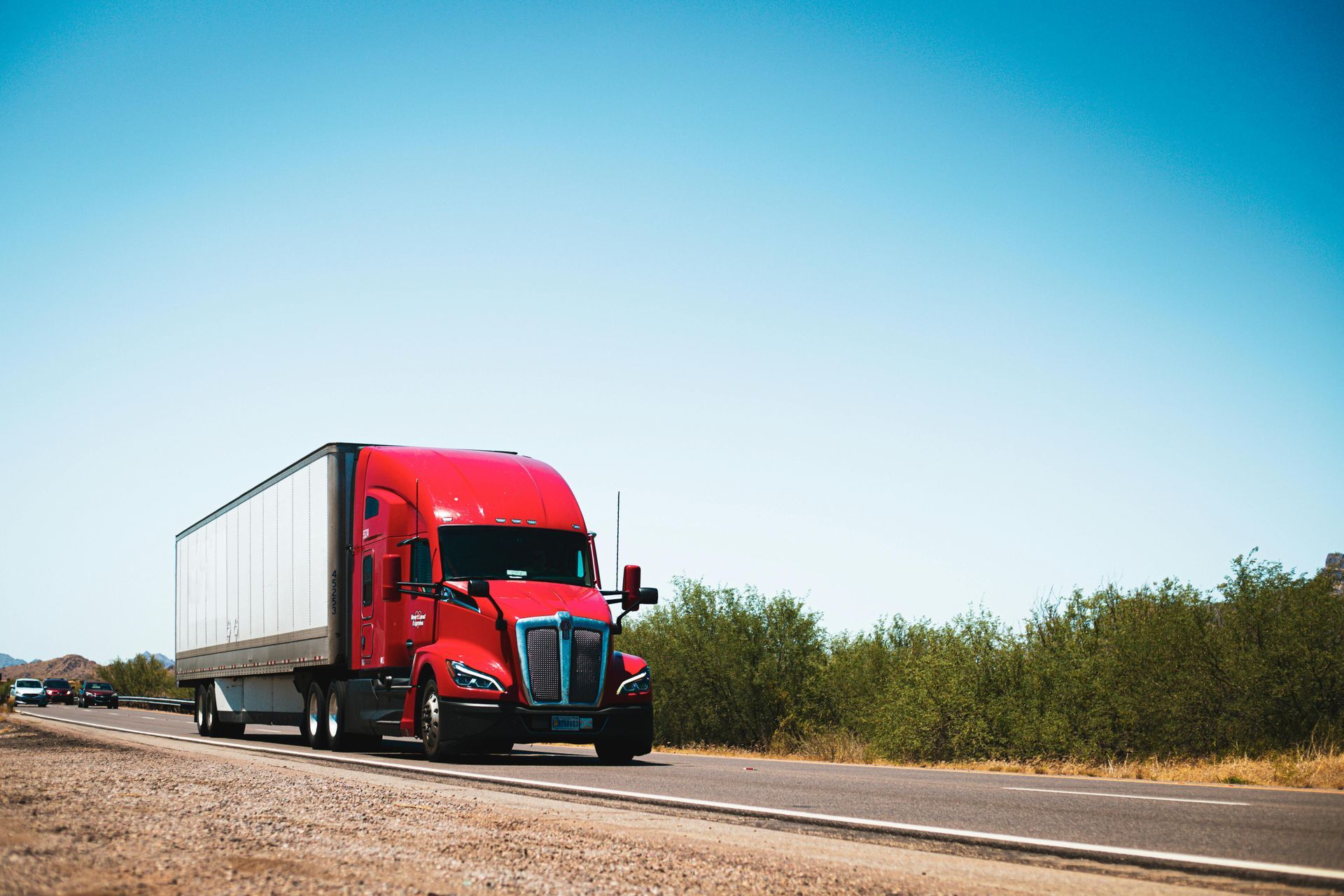
In the waning days of the first Trump administration, the U.S. Department of Labor (DOL) finalized a regulation establishing the test to be used by DOL to determine whether a worker is an independent contractor or employee under the Fair Labor Standards Act, which governs overtime and minimum wage. That regulation set forth a multi-factor test that emphasized two core factors that made the determination more predictable. The Biden administration replaced the DOL regulation with an equally weighted, multi-factor test but included commentary that leans toward a finding of employee status. President Trump’s Secretary of Labor nominee will take over at a time where the newer Biden administration rule is embroiled in legal challenges. The President may have multiple paths toward reinstituting a simpler, more predictable test favored by businesses. NorthAmerican Transportation Association will keep you abreast of any new changes,
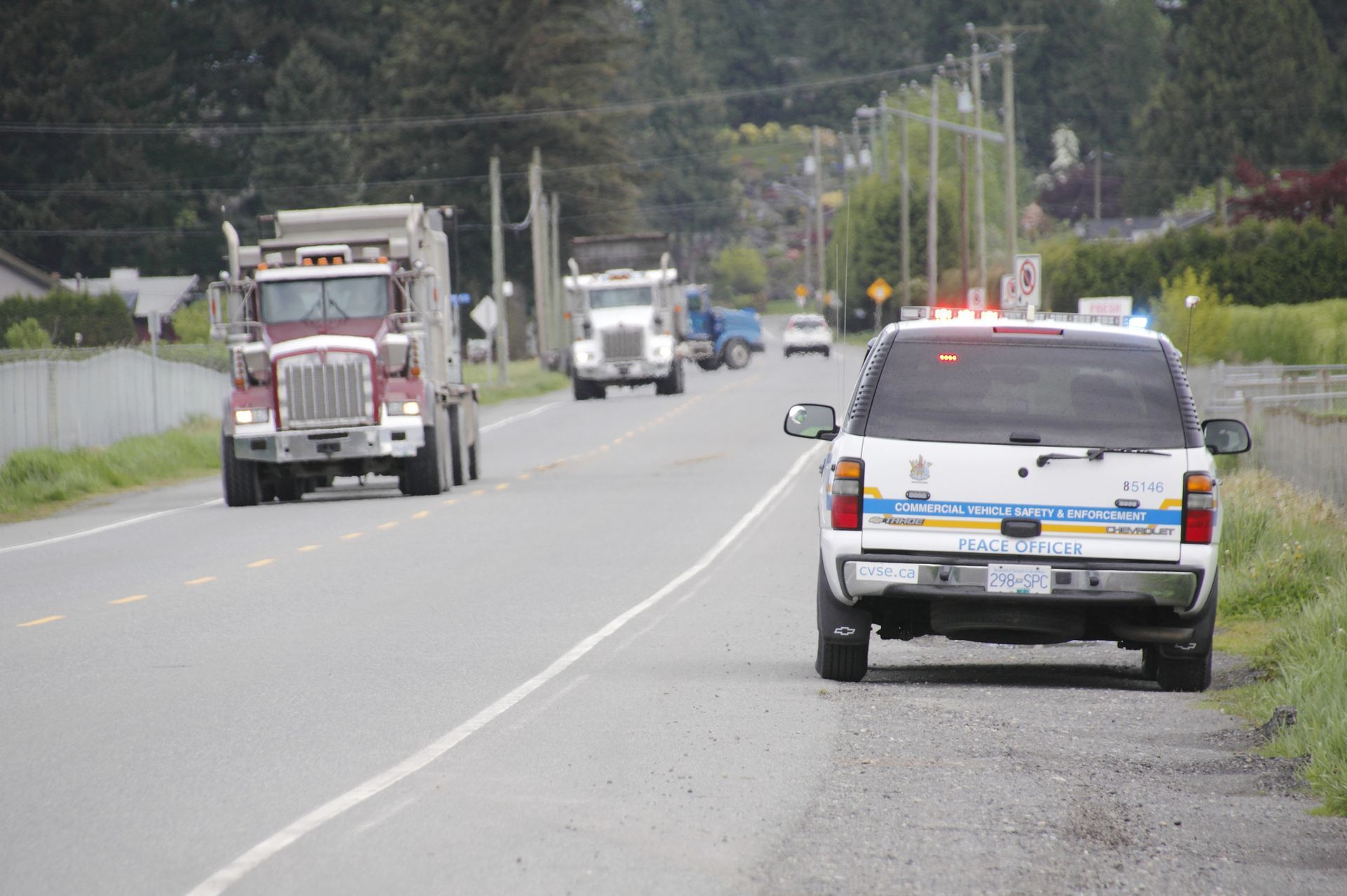
The Commercial Vehicle Safety Alliance will hold its annual International Roadcheck commercial vehicle inspection blitz May 13-15, focusing on tires and truck driver hours of service . Roadcheck is a high-visibility, high-volume commercial motor vehicle inspection and regulatory compliance enforcement initiative that takes place over three days in Canada, Mexico and the United States.

Often, trucking company closures happen following a long trend of indications of trouble. That wasn’t the case for Jack Cooper Transport, one of the biggest auto haulers, which is shutting down its business after losing its two largest customers in barely six weeks. But 2025 started with a bang, and not a good one, for the unionized auto hauler, as Ford —believed to be its second-largest customer — invoked a clause in its contract allowing it to terminate its contract with Jack Cooper with a 30-day notice.
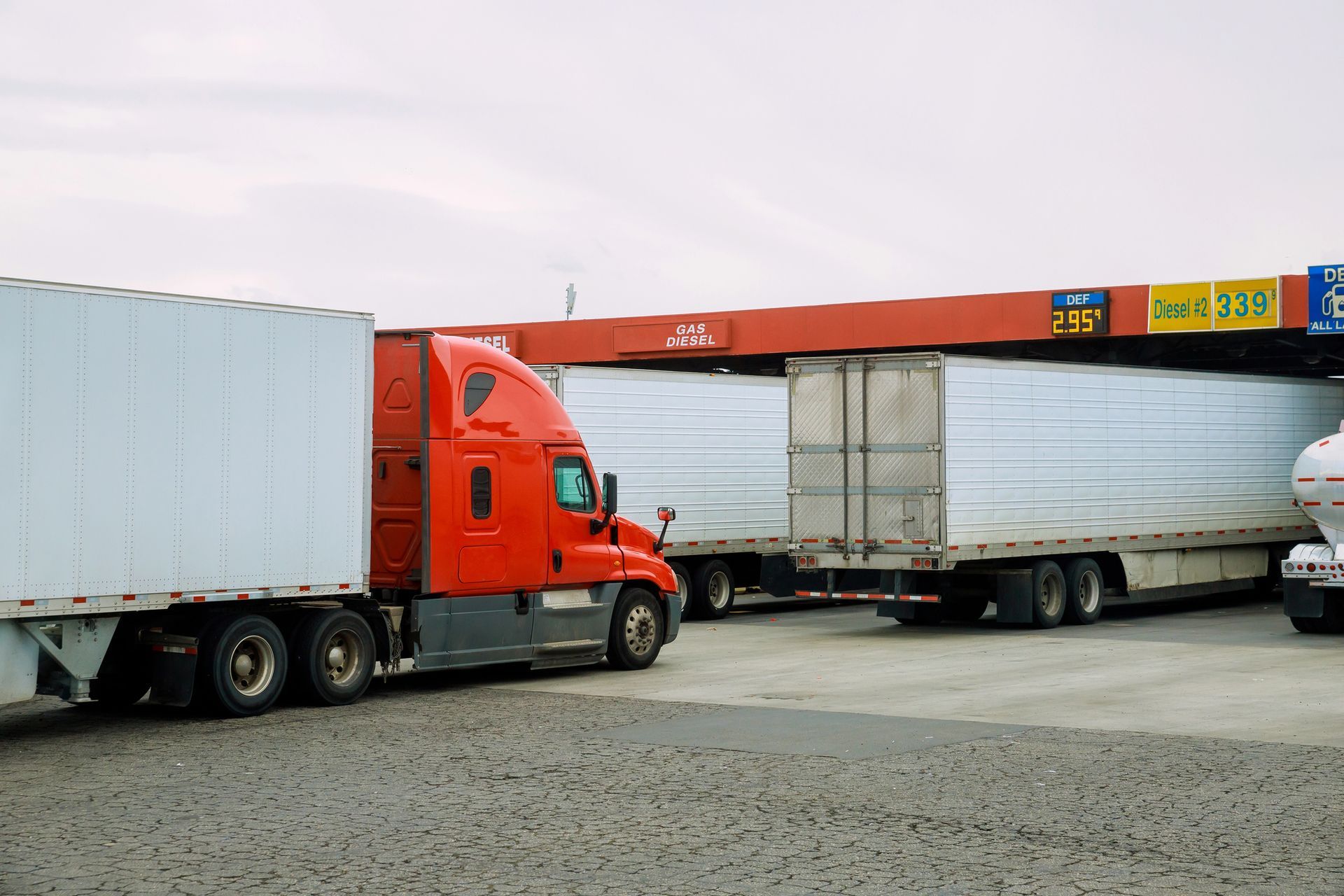
Diesel fuel gets cantankerous when the temperature plummets. Sometimes it stops flowing, sometimes it doesn't. Nervous drivers start pouring in fuel treatment when they hear the temperature is dropping: is it really necessary? And when all is said and done, did the additives help, or would the truck have kept running without help from a jug?
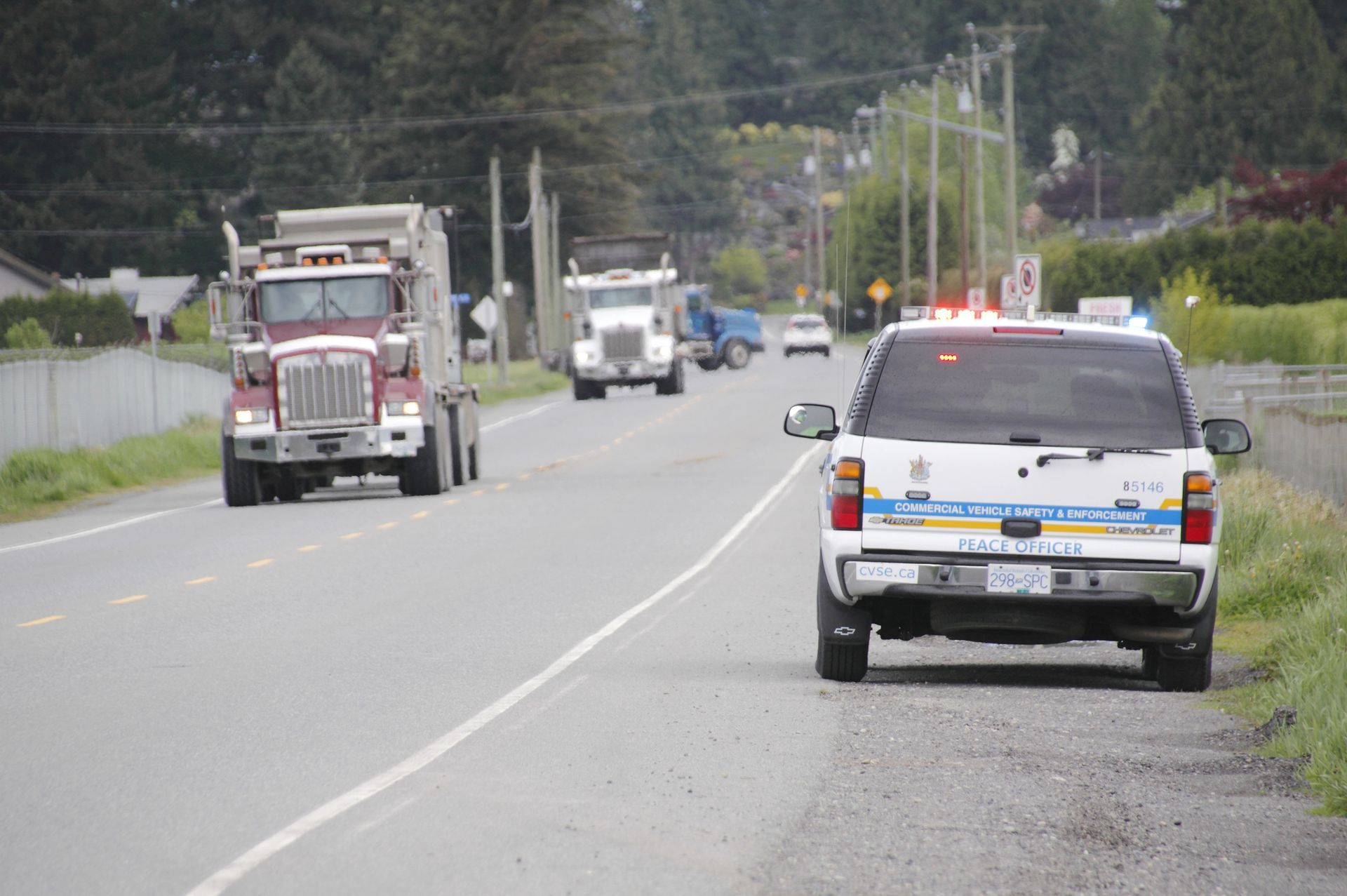
Top 5 Acute Violations Operating without a valid CDL. Failing to periodically inspect vehicle. Failing to maintain driver qualification files. Using an unqualified driver (previous positive drug test). Failing to maintain vehicle maintenance/inspection records. Top 5 Critical Violations Speeding. Falsifying HOS records. Not using an ELD. Using a driver before receiving preemployment drug test. Failing to maintain copies of MVR in driver qualification Files. Top 5 Roadside Violations - Drivers Speeding 6-10 miles per hour over the speed limit. Failing to obey traffic control device. Falsifying HOS records. Failing to use seat belt while operating a CMV. Operating a CMV without a CD. Top 5 Roadside OOS Violations - Drivers Operating a CMV without a CDL. Failing to record HOS with ELD. Falsifying HOS record. Failing to record HOS when ELD not required. Failing to retain HOS records for previous 7 days. Top 5 Roadside Violations -Vehicles Inoperable Required Lamp. Operating a CMV without proof of a periodic inspection. Brake Out of Adjustment. No/discharged/unsecured fire extinguisher. Inoperative turn signal. Top 5 Roadside OOS Violations -Vehicles Tire-flat and/or audible air leak. Defective brake(s). Inoperative turn signal. No/improper breakaway or emergency braking. Inoperable Required Lamp.
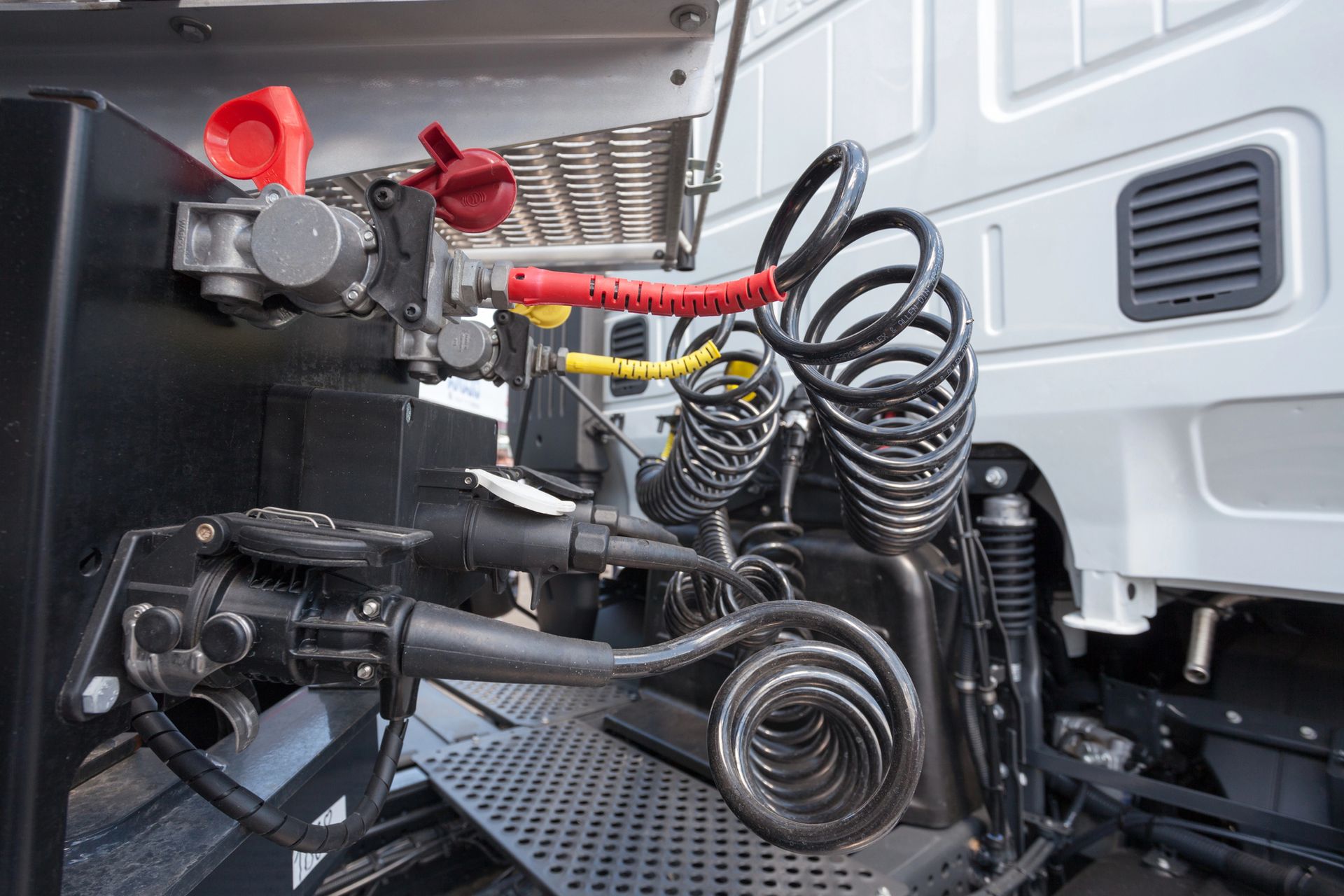
Cold temperatures and water can lead to only one outcome – and ice has no place in a truck's air system. Frozen moisture can disable compressors, along with any of the multitude of air valves in the system. Plunging temperatures, like we have seen across much of the Lower 48 in recent weeks, will put air systems to the test. Compressed air always contains moisture, and when the air leaves the compressor, it’s hot. But as it travels through the line from the compressor to the air dryer, it cools, and that’s when the moisture in the compressed air condenses to liquid. If it's cold enough, that liquid will freeze, threatening the air supply to various systems, including transmissions, suspensions, and of course, brakes. A heavy truck's air compressor puts out 4-6 ounces of water during an average day’s operation; more when operating in regions of high relative humidity, and less when air is cold and dry. If all that water is sloshing around in your air reservoirs or some other spot further downstream, you could be in trouble when temperatures plummet.
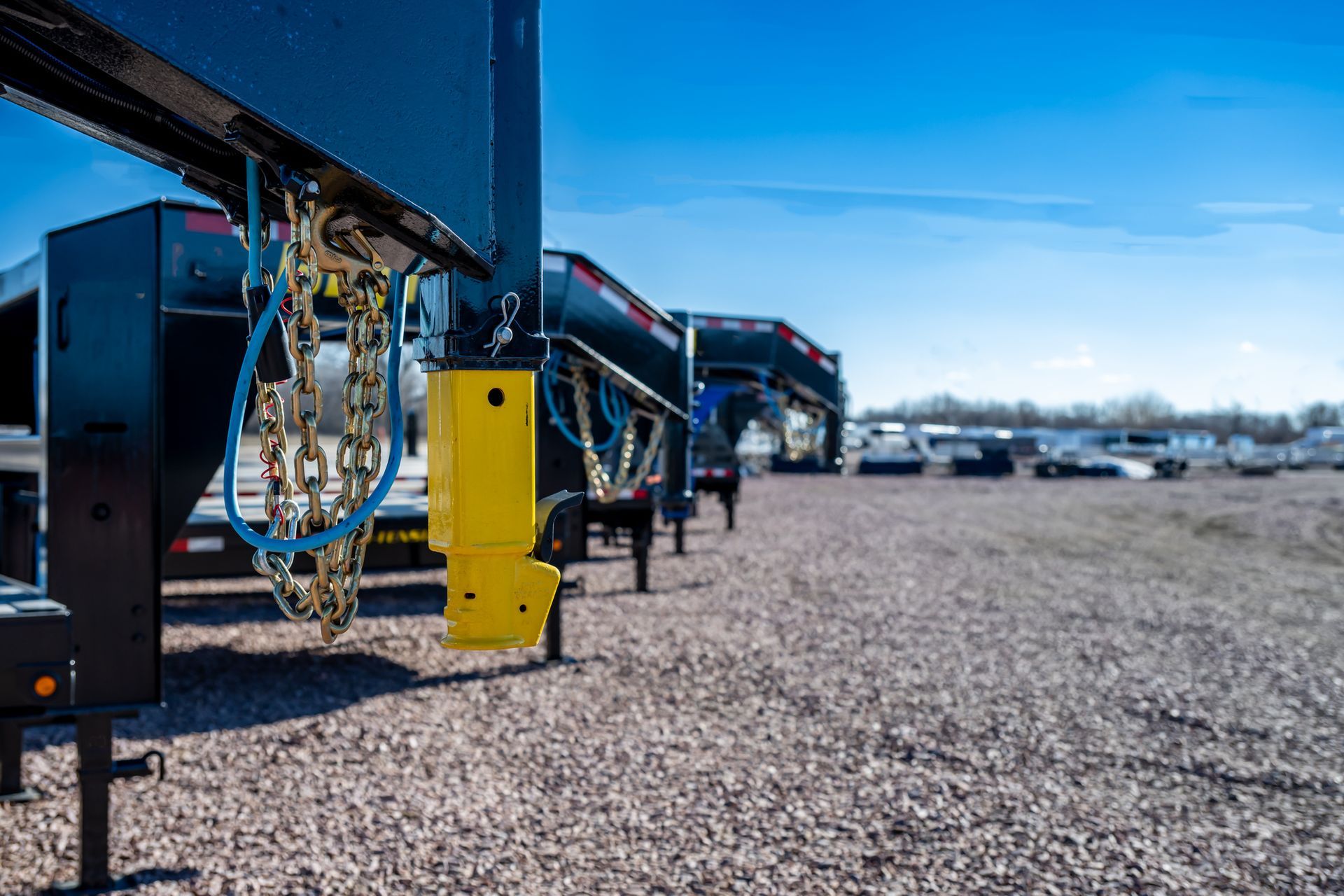
What’s the best lowboy trailer for your business? The wrong one can not only cost in the long term, but it may also have an immediate impact on the ability to haul the necessary equipment. It’s important to thoroughly research lowboy trailers in advance to help avoid trailer failures in the future. Original equipment manufacturers provide a wide range of heavy haul solutions. Some offer lowboy trailer models with a removable gooseneck that is available in either hydraulic or mechanical configurations. Which type of removable gooseneck is right for your business? While most contractors choose hydraulic goosenecks for ease of use, there may be some situations where a mechanical gooseneck is preferred.

“Fred,” a seasoned owner of a heavy-haul trucking business , has built a solid reputation for handling oversized loads. His fleet includes specialized equipment , such as an extra-long extendable step-deck trailer, essential for transporting massive machinery like excavators. Last May, Fred took on a contract to move a large excavator across the Midwest — a routine job that soon turned into a challenging ordeal. A young driver in a Mustang veered into Fred's lane and collided with his trailer. The police arrived at the scene, and it was clear that the Mustang driver was at fault. Fortunately, neither Fred nor the excavator he was transporting were harmed. However, the damage to Fred's step-deck trailer was significant enough to render it undrivable according to federal Department of Transportation standards.

In 2024, truckers traveling the nation’s highways couldn’t help but notice the construction zones popping up like springtime Texas wildflowers, offering evidence of the road and bridge improvement investments during the third anniversary of the $1.2 trillion bipartisan infrastructure law passed in 2021.

No matter what California does it will not change this so-called myth that climate change will doom the world. It seems that the Democrats of California live in a fantasy world since they legalized marijuana because they ALL believe that all the “clean air” that they “generate” in California will somehow be kept in some “fantasy bubble” over California.
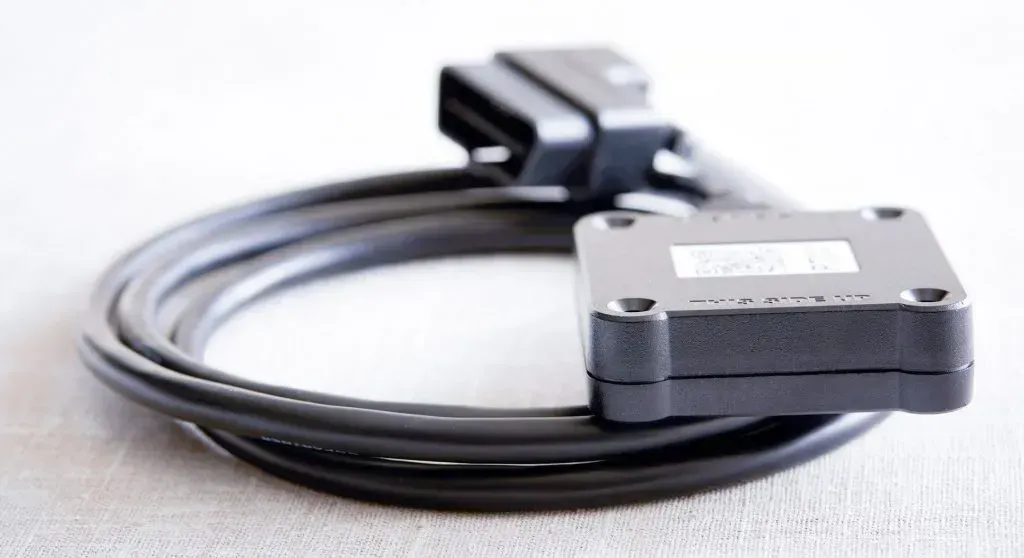
Two more electronic logging devices have been kicked off the list of registered ELDs by the Federal Motor Carrier Safety Administration, meaning drivers or motor carriers using them will need to replace them with ones on the list. Electronic logging devices are required to monitor commercial drivers' hours of service and must be registered as complying with the minimum federal specifications for these devices. On December 18, 2024, FMCSA removed the following ELDs from the list of registered ELDs due to the providers' failure to meet the minimum requirements established in 49 CFR part 395, subpart B, appendix A.
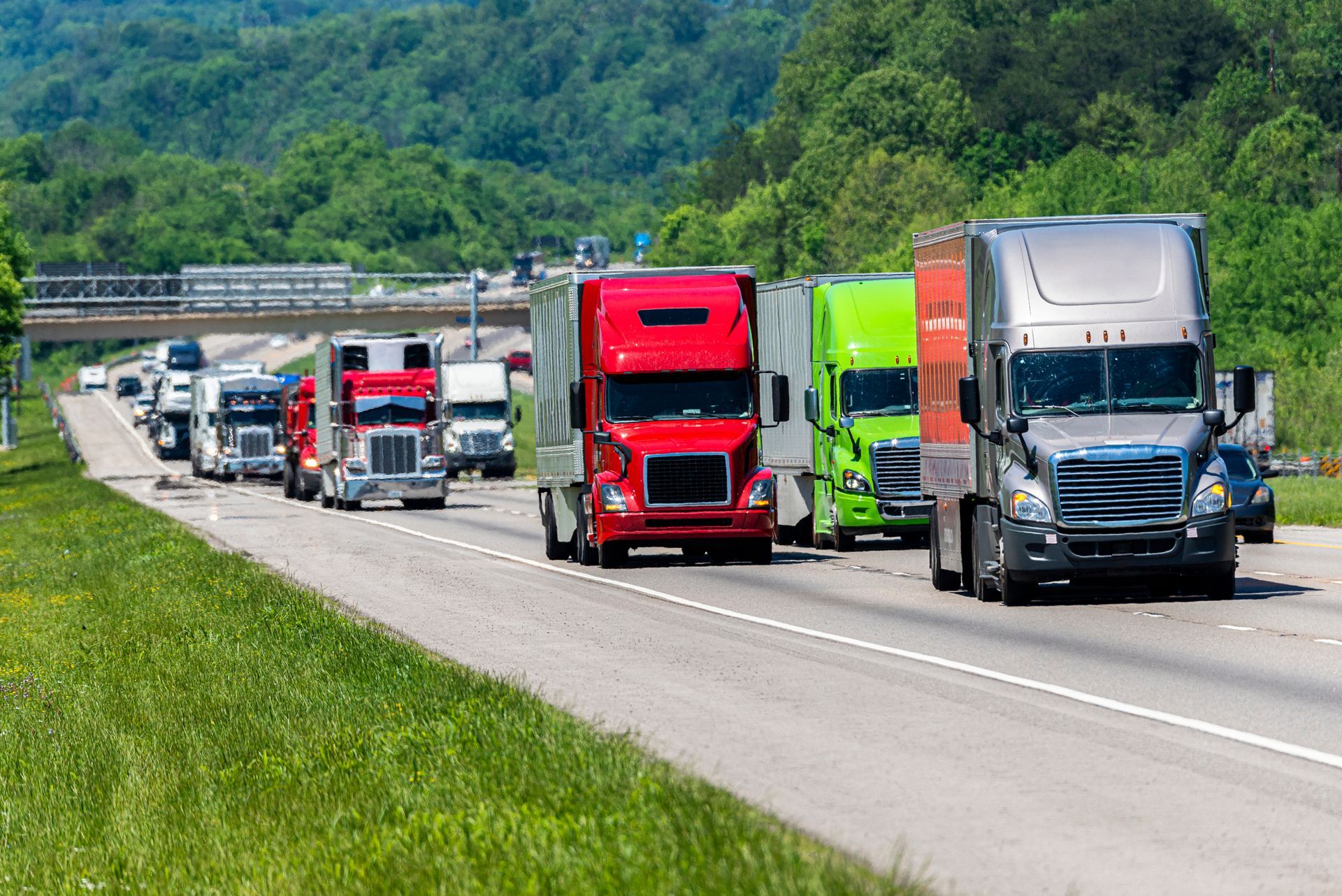
Traffic congestion on U.S. highways added $108.8 billion in costs to the trucking industry in 2022 according to the latest Cost of Congestion study published by the American Transportation Research Institute (ATRI). This finding, part of ATRI’s ongoing highway performance measurement research, marks a new record-high national congestion cost. ATRI utilized a variety of data sources, including its substantial truck GPS database and Operational Costs benchmarks, to calculate the impacts of trucking delays on major U.S. roadways. The total hours of congestion decreased slightly in 2022 from record 2021 highs due to a softening freight market, but the cost of operating a truck during this period increased at a much greater rate.




